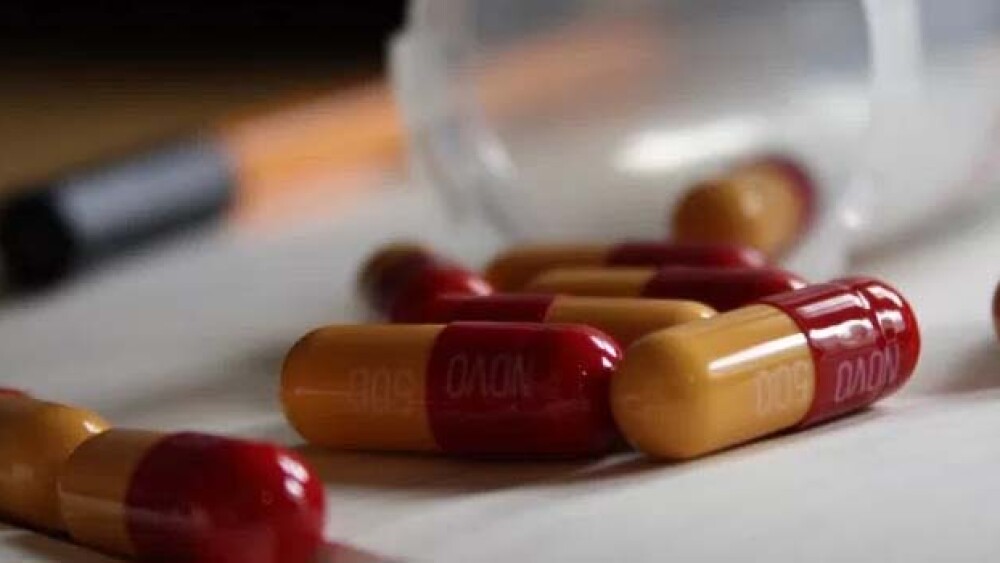The 2016 U.S. presidential election was marked by aggressive and often shrill attacks on the biopharma industry over drug pricing.
The 2016 U.S. presidential election was marked by aggressive and often shrill attacks on the biopharmaceutical industry over drug pricing. It was fed by the antics of Martin Shkreli, currently awaiting felony fraud charges in federal prison, as well as by price gouging and dramatic price increases by companies such as Valeant Pharmaceuticals and Marathon Pharmaceuticals. Yet little if anything was done by politicians.
Now it appears that healthcare intends to do something about it. The U.S. Department of Veterans Affairs (VA) and Intermountain Healthcare, Ascension, SSM Health and Trinity Health are forming a not-for-profit generic drug company. The intention is for it to be a U.S. Food and Drug Administration (FDA)-approved manufacturer that will either directly manufacture or subcontract manufacturing of certain generic drugs.
The intentions are twofold. First, it expects to be able to keep drug costs lower. And it also plans to ensure reliability of the pipeline for those drugs.
“It’s an ambitious plan,” said Marc Harrison, president and chief executive officer of Intermountain Healthcare, in a statement, “but healthcare systems are in the best position to fix the problems in the generic drug market. We witness, on a daily basis, how shortages of essential generic medications or egregious cost increases for those same drugs affect our patients. We are confident we can improve the situation for our patients by bringing much needed competition to the generic drug market.”
Examples of the price increases include Valeant raising the price of its Calcium Disodium Versenate to treat lead poisoning by 2,700 percent since 2013, from $950 to $7,116 in 2014, then to $27,000 in 2016. Shkreli’s Turing Pharmaceuticals raised the price of Daraprim, a 62-year-old drug for protozoal infections usually used by AIDS patients, from $13.50 per tablet to $750 per tablet. And Marathon Pharmaceuticals’ Emflaza for Duchenne muscular dystrophy (DMD), which was essentially a repurposed steroid widely available for $1,000, was repriced at $89,000 for a year’s supply of the drug.
Kevin Schulman, a professor at the Duke University School of Medicine, told The New York Times, “If they all agree to buy enough to sustain this effort, you will have a huge threat to people that are trying to manipulate the generic drug market. They will want to think twice.”
The healthcare institutions have not indicated what drugs they will focus on first. But it has put together an Advisory Committee with a number of pharmaceutical and political heavy-hitters. It includes: Madhu Balachandran, retired executive vice president of Global Operations for Amgen; Don Berwick, president emeritus and senior fellow, Institute for Healthcare Improvement, and former Centers for Medicare and Medicaid Services (CMS) administrator; Clayton Christensen, professor at the Harvard Business School and founder of Innosight; Bob Kerrey, managing director, Allen & Company, and former Nebraska governor, U.S. senator and pharmacist; Martin VanTrieste, retired senior vice president and chief quality officer for Amgen; and senior-level leaders from the founding healthcare institutions.
John Carroll, writing for Endpoints News, notes, “I’ll add here that while the hospitals appear to be concentrating entirely on the generics squeeze, the same kind of alliance could step in and do the same thing on the branded side. PD-1/L1 drugs, for example, have been multiplying quickly, leaving them vulnerable to a nonprofit development program that could genericize expensive drug categories. Drug developers won’t be threatened by the current plan in place, but any tweaking of the nonprofit model will be carefully scrutinized.”





